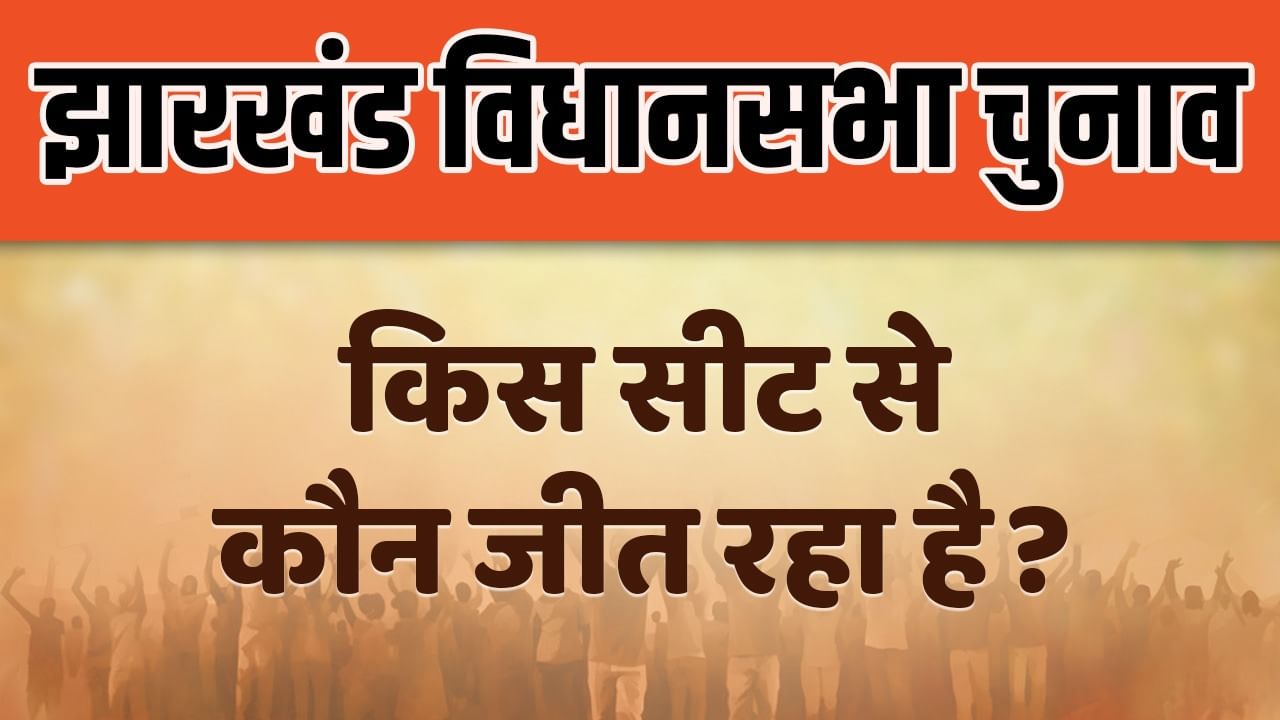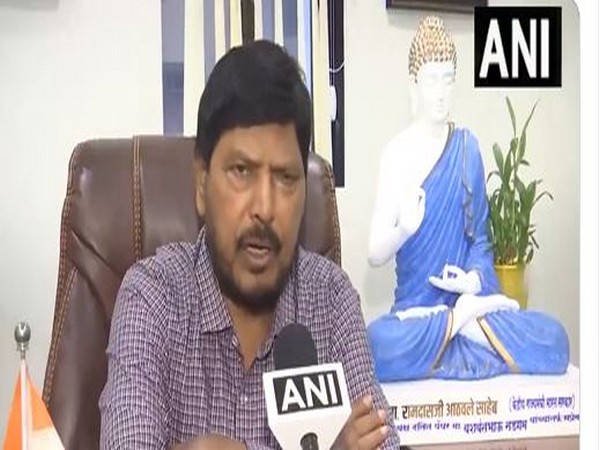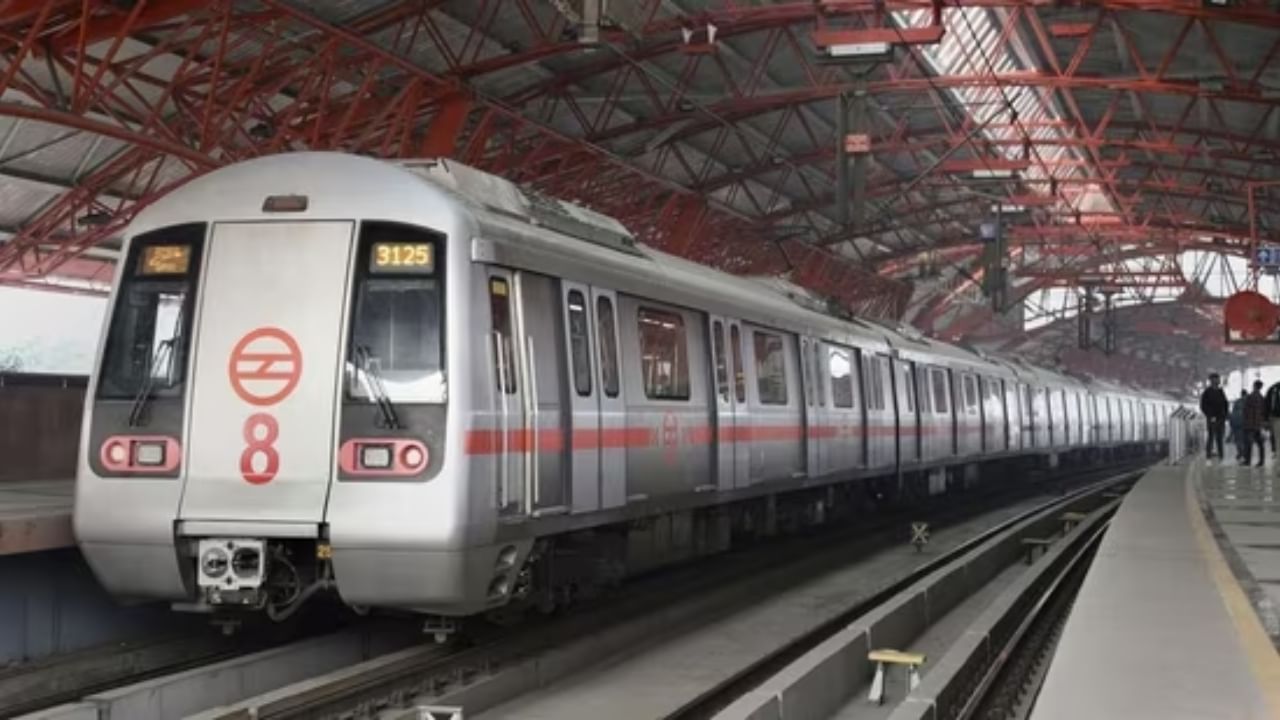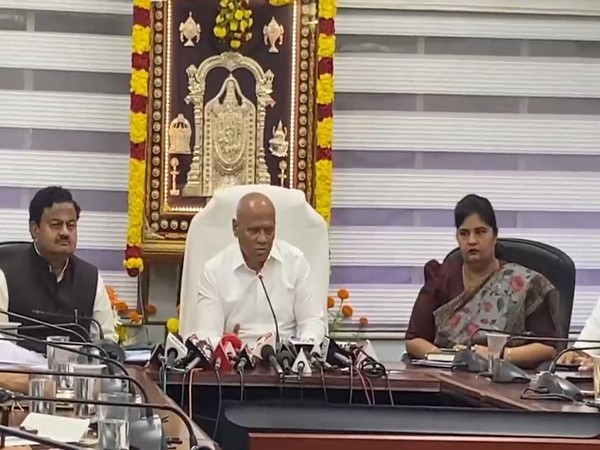Desk |
Updated: Oct 25, 2024 11:27 IST
New Delhi [India], October 25 (Desk): Indian Space Research Organisation Chairman (ISRO) Dr S. Somanath on Friday said that it is important for all of us to know what is happening in space, adding that the resolution and spectral qualities are improving over a period of time.
ISRO Chairman Dr S. Somanath while speaking in his special address on ‘Space Situational Awareness – Monitoring and Protecting National Interest at Chanakya Defence Dialogue 2024 said, “The issue of space situational awareness–to know about what is happening up there becomes very important for all of us… We need to understand the type of spacecraft that we are launching. In the 1960s, there was nothing in space. But today there are lakhs of objects in space. It is happening because we have launched many spacecraft into space for communication purposes, earth observation, navigation, space science and many others.”
“The domain is changing and the technology is constantly evolving. The resolution and spectral qualities are improving over a period of time. Large, small and medium-sized satellites are launched in various shapes and forms,” he added while talking about space awareness.
He stated that the observation of objects in space is very challenging. He added that the moon and Mars are also crowded now due to the repetitive human space missions.
S. Somanath further said, “In the domain of communication, a lot of changes are happening in this domain, especially with the type of technology coming into space technology and infrastructure. The technology is changing so we need to look at how to make flexible and adaptive satellites.”
“…For rockets, 95% are made in India and 5% come from outside. The 5% are mostly electronic parts. And for spacecraft, almost 60% is done in India, 40% comes from outside. This 40%, again are electronic parts. The dependence on high-end electronics is very high for spacecraft, but not for rockets. For rockets, we can even go for 100% in India with the type of capability that we have today. But, we continue certain numbers…” Dr S Somanath added. (Desk)





